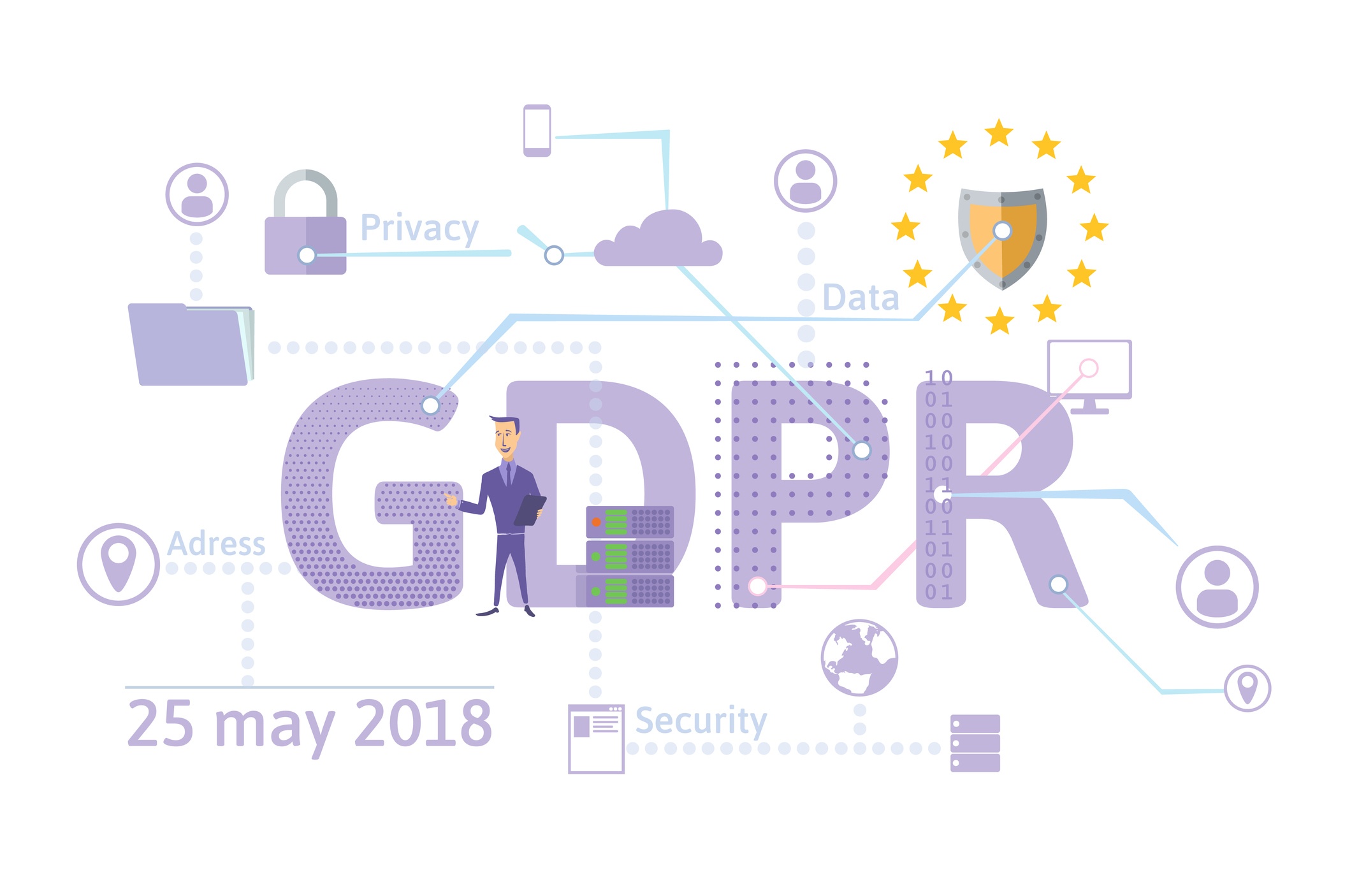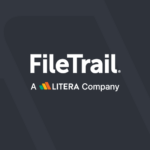
GDPR Compliance Date Is Moving Closer
As the deadline for GDPR implementation edges closer, discussions about compliance are mostly focused on how to ensure organizations have permission to use the data they’re collecting and processing. This makes sense in the light of today’s data-driven world, in which seemingly every part of our digital lives is tracked and stored. According to Gartner, data is growing 40-60% year over year.
However, discussions often fail to address the challenges organizations will face when it comes to securing and managing records and data after they have been collected. And this is important. GDPR introduces many new requirements for how personal information pertaining to EU citizens can be stored and processed. GDPR covers a wide range of data issues, such as the right to be forgotten; the right to data access; privacy impact assessments; data protection by design; and information security.
These requirements will introduce significant challenges to departments in every organization dealing with EU data. Ultimately, satisfying GDPR mandates will require organizations to comprehensively understand what personal records and data they possess, their value, where they’re located, and who has access to them. This is a tall order.
Why Data Governance for GDPR Compliance Is Crucial
In order to comply with GDPR mandates, organizations need to start somewhere. To really get a grip on the information within an organization, it makes sense to start out by defining what data exists and exactly how it’s managed and stored. Policies, processes, and procedures need to be created that dictate how it’s handled across the enterprise. In other words, organizations need to establish effective information governance programs. But they can’t stop there. To ensure GDPR compliance, an information governance program must be also implemented.
Implementing Data Protection and Information Governance
Implementing IG is oftentimes where organizations get stuck. In most organizations today, records and data are everywhere. They’re in document management systems, share drives, on individual staff computers, and onsite and offsite storage facilities. Disparate repositories make it very difficult to follow retention and disposition policies and procedures. Due to the large volumes of information involved, manually implementing IG means organizations often fall behind.
Another implementation challenge stems from the varying lifecycles of information and the contrasting business requirements of different stakeholders. Every internal business unit and every individual client has disparate needs, rules, and requirements for how long records and data should be kept. Oftentimes, organizations simply give up and keep everything by default.
Information Governance and Data Protection Challenges
The difficulties involved with modern information governance mean is that over time an organization’s data often ends up neglected, sitting in paper files and on personal computers, creating more and more risk. Falling behind when it comes to retention and disposition of records and data—that may contain personally identifiable information (PII)—represents a security nightmare. More importantly, this situation is now prohibited by GDPR, and failure to comply can result in significant fines as well as damage to an organization’s public reputation.
Control Your Content lifecycle
Today, organizations aiming to address GDPR requirements must start by prioritizing information governance. Once they have policies and procedures in place, the next task is to focus on implementation by getting a firm handle on their content lifecycle management. If your organization has gone to the expense of developing comprehensive IG policies around content lifecycle management, how do you make sure that the right people implement them consistently to stay compliant with GDPR? The answer lies in IG automation.
FileTrail has been developing records management solutions for regulated industries for almost 20 years. Our records management software features the only custom-built automated IG solution in the industry. Governance Policy Suite (GPS) transforms IG into a simple, automated process powered by workflows and driven by email notifications to help guarantee compliance for internal policies and client requirements as well as GDPR.
To learn more about FileTrail Governance Policy Suite, download the GPS Solution Brief below.

Fill in the form to download the brochure:




